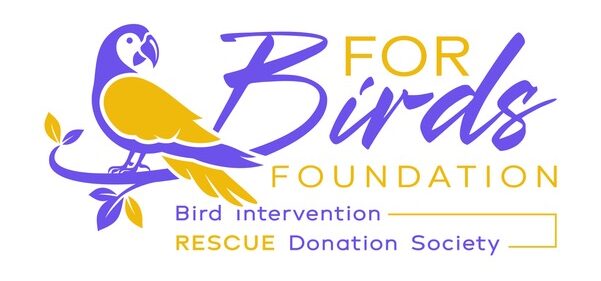Parrots, the prodigies of the avian world, possess cognitive abilities akin to five-year-olds. They excel in problem-solving, mimicking human speech, and exhibit profound emotional sensitivity. These vibrant creatures form deep bonds with their human caretakers, providing endless entertainment and affection.
Parrots express emotions strikingly similar to humans. They show affection through nuzzling and preening, exhibit jealousy, display happiness through vocalizations, and experience fear and anxiety, which can manifest as feather plucking or aggression. They even grieve the loss of bonded companions. These emotional capacities underscore the necessity of proper care, mental stimulation, and social interaction for their well-being.
Yet, parrots need more than companionship; they thrive on exploration, foraging, and challenging activities. Without proper mental stimulation and care, they can become frustrated and resort to negative behaviors like furniture destruction or self-mutilation. Tragically, many misunderstood parrots end up in rescues, abandoned by overwhelmed owners unable to meet their complex needs.
When Kimberly and Hollis Dickerson set out to adopt a rescued parrot, they never imagined it would ignite a passion capable of transforming the lives of so many parrots in dire need. They discovered that many prospective bird owners lack an understanding of parrots’ needs, resulting in many birds being surrendered to rescues. This realization drove Kimberly, a lawyer, and Hollis, a businessman, to establish a foundation aimed at rescuing parrots and raising awareness and funds for bird rescues and sanctuaries worldwide.
Kimberly discovered that resources on parrot care exist, but many owners remain unaware until it is too late. Reputable rescues strive to meet birds’ physical and emotional needs but often struggle with insufficient funding for healthcare and balanced diets. Kim also realized that to help as many birds as possible, she needed to start a rescue focused on educating potential adopters and rehabilitating birds before rehoming them. This combination of education and rehabilitation would reduce the number of returned birds, ensuring lasting homes.
While Kimberly’s new rescue will directly assist local birds, her ambitions extended globally. She aims to support specific sanctuaries, rescues, and parrot rehabilitation facilities worldwide—ones she has vetted and trusts. So far, she has donated to the Laney Rickman Blue-Throated Macaw Reserve in Bolivia and the Belize Bird Rescue.Through the For Birds Foundation, Kimberly hopes to extend her reach, assisting hundreds, if not thousands, of birds worldwide.
